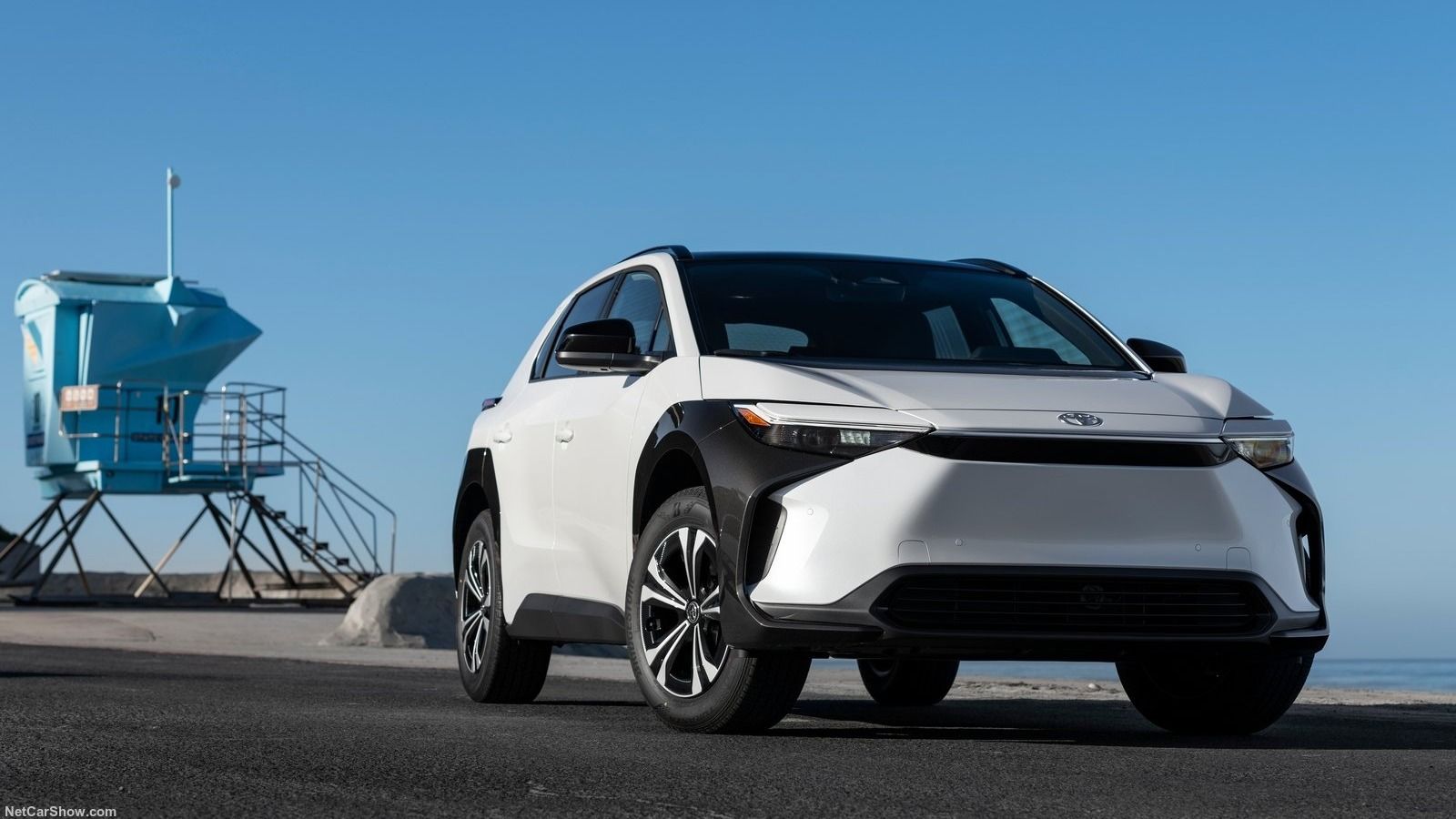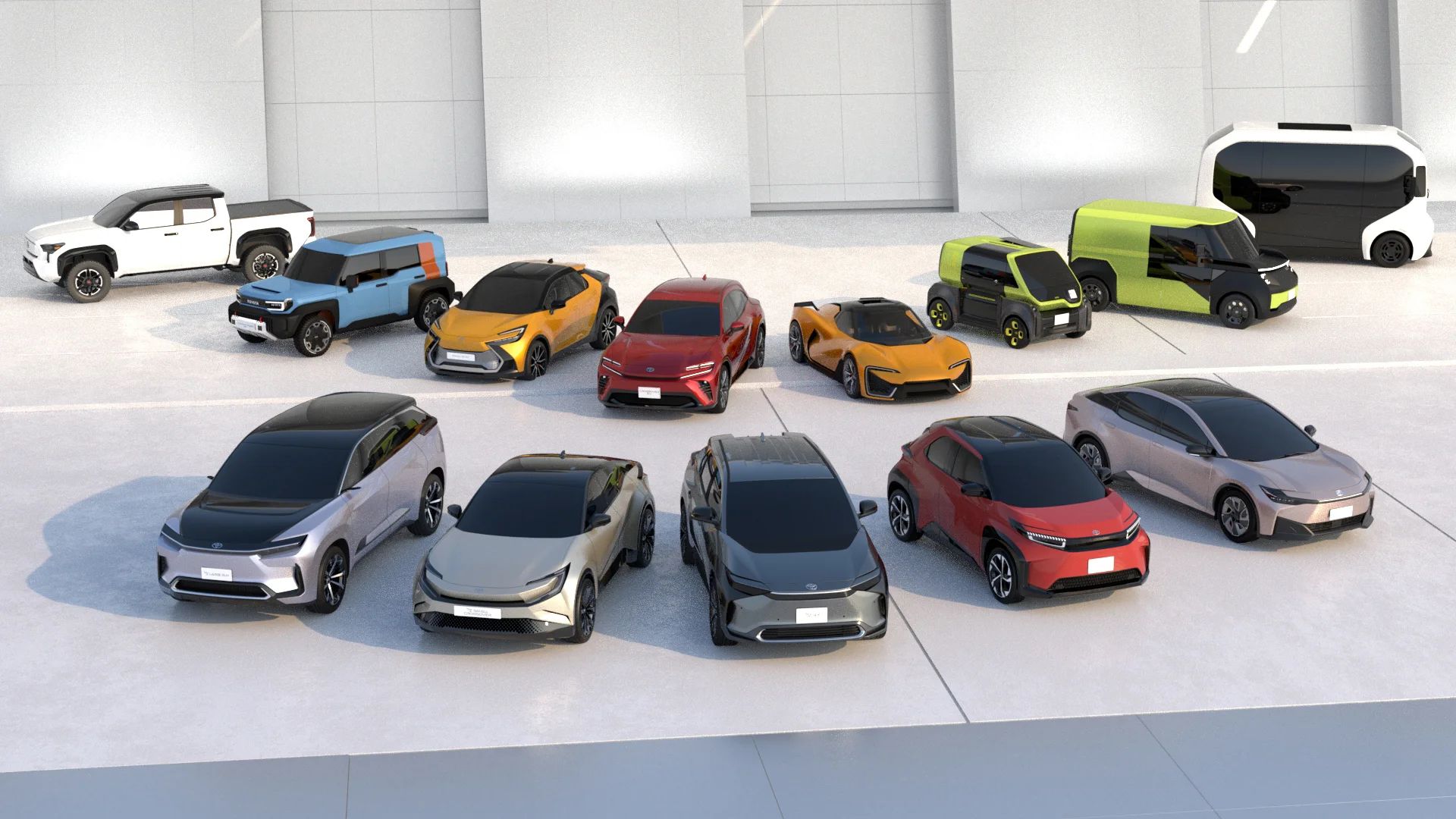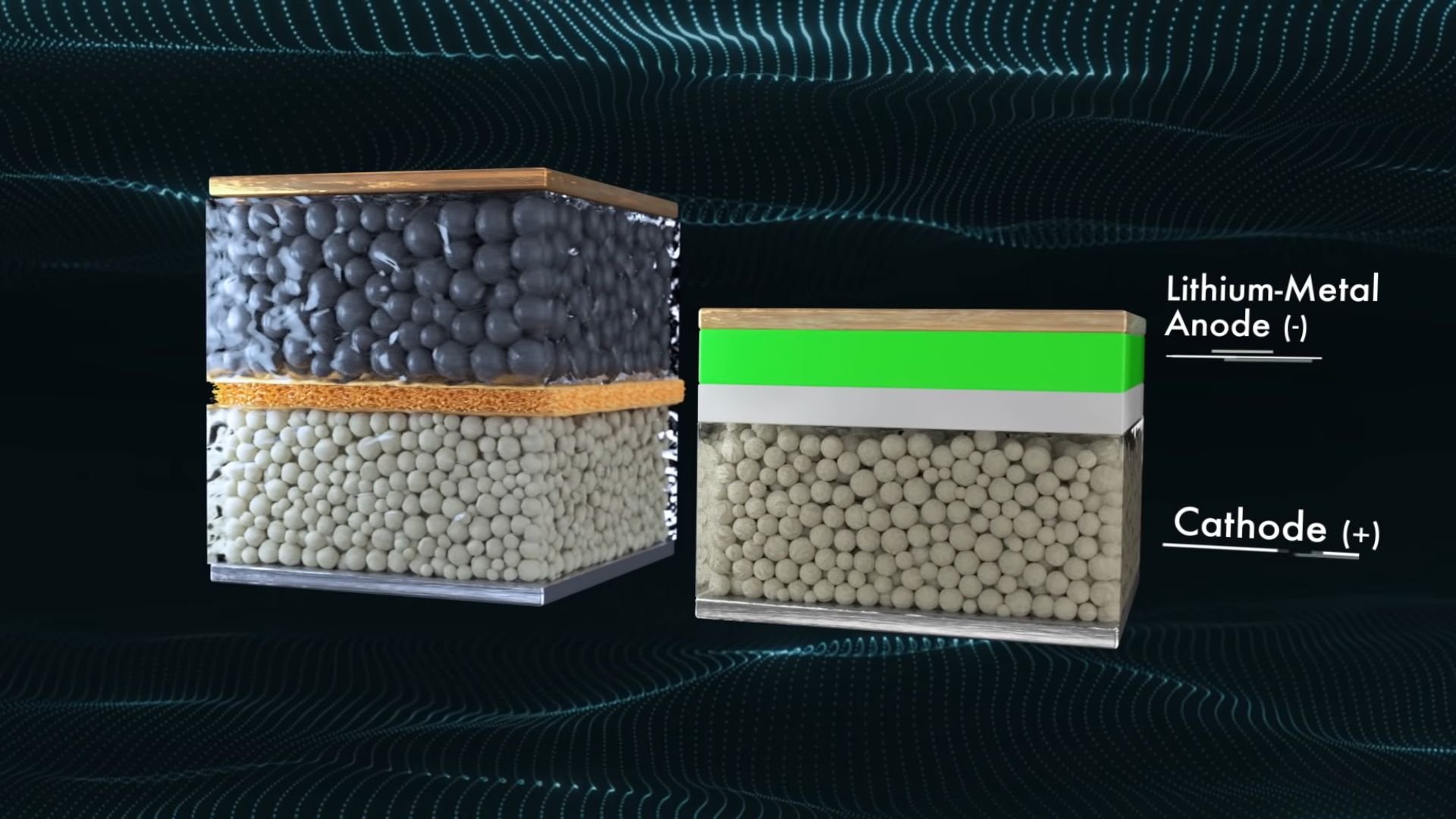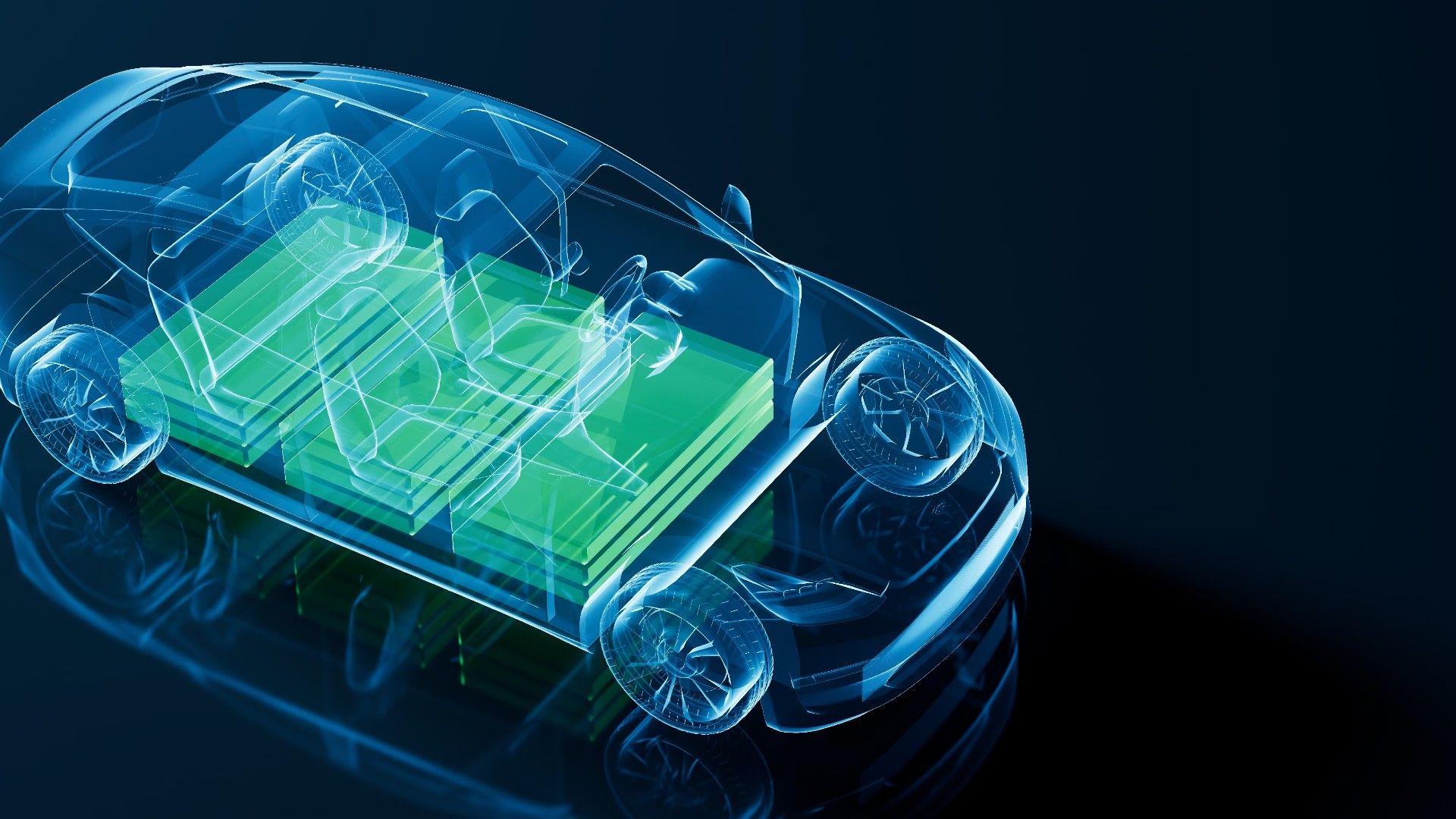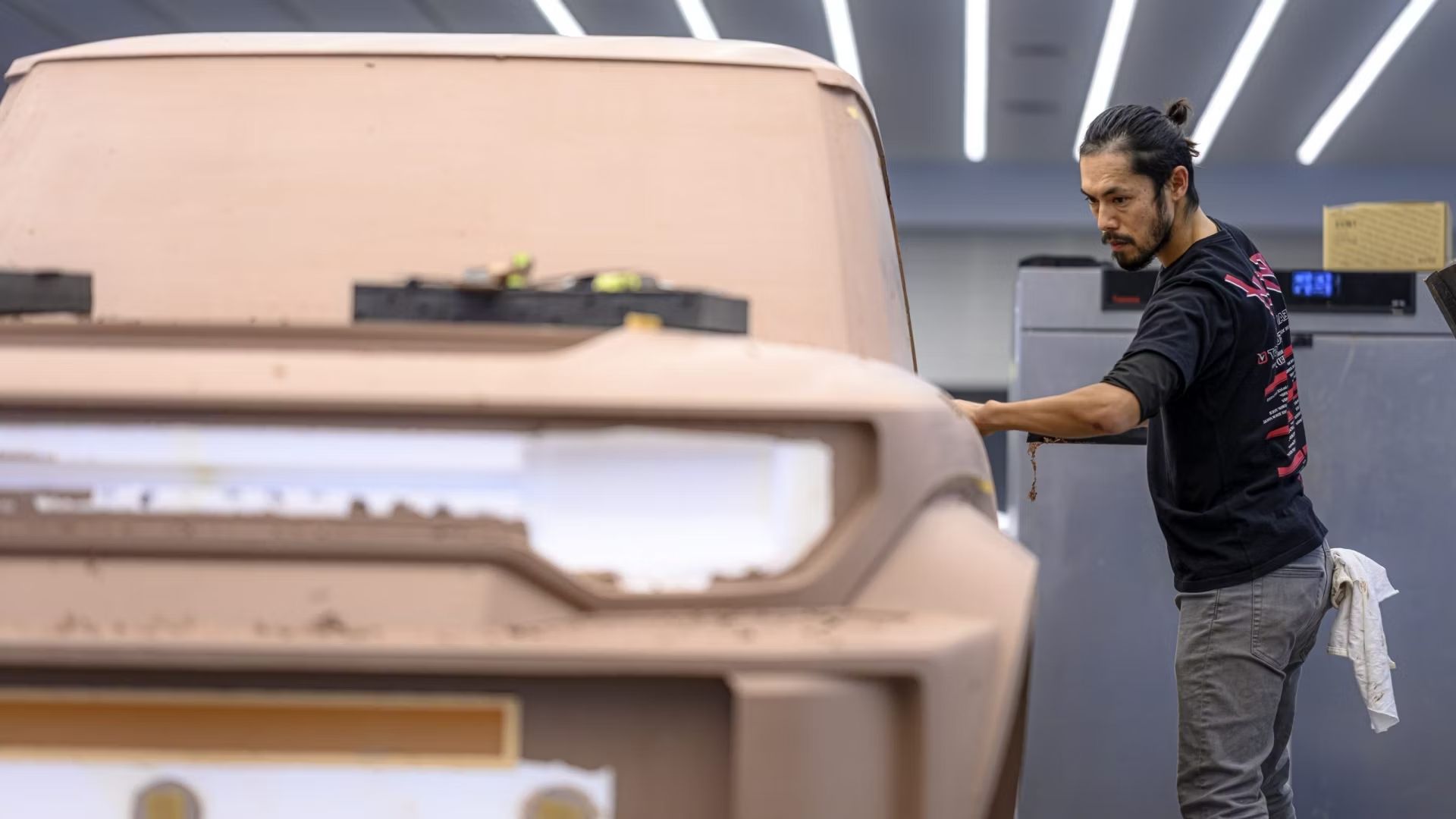Summary
- Toyota has unveiled groundbreaking solid-state battery technology for electric vehicles, offering higher energy density, compact design, and faster charging times, potentially revolutionizing the EV landscape.
- Toyota plans to bring solid-state batteries with ranges of over 700 miles and rapid 10-minute charging to the market by 2027, but faces competition from other brands investing in similar technology.
- Solid-state batteries require significantly more lithium than current-gen batteries, which raises concerns about lithium supply shortages and sustainability. Battery recycling may hold the key to addressing this challenge.
Are you tired of worrying about your electric vehicle's range and the time-consuming charging stops? Toyota may have the solution you've been waiting for. In a recent technical briefing, Toyota unveiled its groundbreaking solid-state battery technology, poised to revolutionize the electric vehicle (EV) landscape. But first, what exactly is a solid-state battery? Unlike traditional batteries found in phones and EVs, which use a liquid electrolyte solution, solid-state batteries feature a solid separator serving as both anode and cathode.
This innovation results in higher energy density, compact design, and significantly faster charging times, reducing your wait at charging stations. So, what does this mean for EVs? Toyota envisions EVs equipped with solid-state batteries boasting ranges of over 700 miles and rapid 10-minute charging. Safety also improves, as solid-state batteries lack flammable liquid components.
But Toyota isn't alone in this race. Competitors like Mercedes-Benz, Volkswagen, and BMW are investing heavily in solid-state battery technology partnerships. This competition promises to deliver longer-range, faster-charging EVs in the coming years. The one problem? Lithium supply shortages. Solid-state batteries may require significantly more lithium than current-gen batteries, raising concerns about sustainability. EV battery recycling may hold the key to addressing this challenge.
Toyota's Solid-State Batteries Revealed
- Toyota has plans to bring 745-900 mile solid-state batteries to market by 2027.
- The company has filed over 1,000 solid-state battery patents.
Toyota has been quietly working on developing and perfecting a solid-state battery for its fleet of upcoming EVs for many years. The brand has achieved a battery pack lasting 745 miles, with hopes to extend this range to over 900. When you think of current electric car batteries, a lackluster charge time and range probably pops into your head. On the other hand, Toyota hopes to eradicate these fears through its solid-state EV tech, but can it be done soon?
With other companies also improving battery range and build, Toyota isn't the only one with this on the agenda. However, in terms of progress, we'd say the brand could send shockwaves through the industry. Specifically, Toyota's solid-state batteries will likely be put into its 2026 or even 2027/2028 electric lineups, which are all set to hit the market with a bang. Even if Toyota hasn't been near as electric as other auto brands recently, the company has shifted towards an emission-free production vision for the latter part of this decade and heading into the 2030s.
Solid-state battery technology could be what Toyota needs to ditch its hybrid-only status and move further into the future. After all, it's likely that into 2030, gas-powered vehicles will become the minority on roads across major auto markets, so why not embrace the change now?
How solid-state batteries work: A solid-state battery is essentially battery technology that uses a solid electrolyte instead of liquid electrolytes, which are behind lithium-ion technology. These are considered safer and more effective than traditional lithium-ion EV batteries.
745 Miles For Now; 900+ In The Coming Decade
- Toyota claims to have finished developing a solid-state battery capable of 745 miles.
- Batteries with 900+ miles are on the agenda for the Toyota and Lexus brands.
Unlike a typical lithium-ion EV battery that can last 300-ish miles per full charge, Toyota has already boasted claims that it has a solid-state battery capable of 745 miles. Moreover, the Japanese automaker has mentioned plans to expand to 900 or more miles per single charge, with 10-minute charge times for customers. If this is done, the EV market will change forever.
The needle could shift in Toyota's direction because of this advanced tech, although the brand isn't the only one doing this. Nissan is one of Toyota's biggest competitors in the solid-state and EV space, claiming to have an impressive battery hitting roads in the next few years. If true, Toyota's thunder could be stolen if the batteries only last 700 miles. We're in a time where companies are racing (literally) towards gas-free manufacturing, and battery range is one of the most critical issues facing the cause.
Drivers don't want to sit at a charger for 30, 45, or even 60+ minutes every 300 miles. We don't. Toyota's 745 miles per charge estimated range doubles if not triples current EV ranges, which is more than enough reason to attract new buyers.
The Cost Of Solid-State Battery Technology
- We're in a lithium battery shortage, which could spell trouble for solid-state batteries.
- Some experts have recommended recycling current lithium batteries.
Although solid-state tech sounds perfect to many, it doesn't come without major setbacks. First and most importantly, supply shortages for lithium have wreaked havoc on the fairly new endeavor for Toyota and other brands testing it. Some research suggests that solid-state batteries could use five to 10 times as much lithium as current-gen batteries. There's already a lithium shortage, so that's a significant issue, especially with Toyota planning to bring these batteries to market in the second half of this decade.
Solid-state battery prices are estimated to range from $800/kWh to $400/kWh by 2026. With liquid electrolyte batteries, which are currently around $156/kWh, that does create a significant issue for production costs.
When shortages occur, production prices inflate. This has affected nearly every aspect of our lives and could soon be an excuse for more expensive EVs. If companies can't access affordable, massive scales of lithium batteries soon, this could be a short-lived dream. Some experts have mentioned battery recycling to achieve solid-state technology, which would be a greener alternative. Right now, when your car's battery dies, a landfill awaits it.
That's one of the many hypocrisies of these large vehicle manufacturers claiming the future is greener and cleaner. A landfill packed with lithium-ion doesn't sound very clean or safe, so battery recycling is an excellent option and could save the planet and solid-state progress.
Toyota's Solid-State Batteries Could Hit Roads By 2027
- 2027 could be the first solid-state EV release from Toyota.
- Other companies are working on this battery type, potentially dethroning Toyota.
All shortages and cost issues put aside, Toyota has ambitious plans to introduce a vehicle with a solid-state battery inside by 2027. Of course, this could be one model or even two, but it won't be at a massive scale across all EVs until later this decade. As we said, Toyota has started developing electric cars and will likely stay on the straight and narrow path into 2030.
That could be an advantage to the brand, giving it more credibility among EV shoppers. In contrast, taking too much developing this solid-state tech could also bite Toyota and send people to other brands, like Nissan, which is also working to create the perfect solid-state battery. And not to even mention Tesla: the potential king of solid-state tech if Elon Musk decides to get serious about it. All these factors weigh down on Toyota, its labs, and the production line.
2027 is not too far away, and with EVs slowly growing across global market shares, this could become the standard of their production come 2030, 2040, etc. People now want better, faster, stronger batteries, and carmakers are aware of it. It's a sink-or-swim industry, and we hope Toyota can keep up with everyone else.

